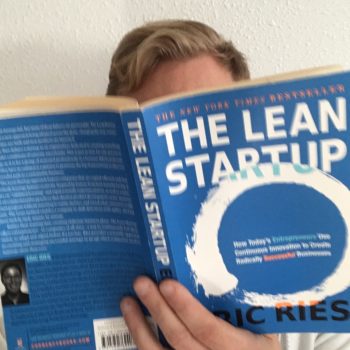How strongly do I recommend 20 YC Lessons?
8 / 10
Review of 20 YC Lessons
20 YC Lessons takes 1-2 hours to read and is basically just presentation notes.
Even if you follow startup advice on blogs and Hacker News, you’ll probably find a few surprising tips inside.
Focus on revenue, not engagement
99% of startups should use revenue as their top level metric, not engagement. Only the few startups that require massive network effects for success (like Facebook) should be looking toward engagement.
The first bit of rationale is that the ultimate test for your startup idea is whether people are willing to pay you for it.
Additionally, paying customers provide very different feedback that non-paying users. Expectations are clearer from paying customers and you’ll benefit more from their feedback.
Launches aren't special
Nobody remembers when Google, Facebook, Airbnb, or any other startup launched.
For me, this was a very healthy reminder that you don’t need to get things right the first time. You’ll have as many shots as you create through iteration.
Solve the hardest problem
When identifying which customer problem to solve, you should ask them, “What is the hardest part about this problem?”
Don’t focus on the small problems in a workflow or problem space, focus on solving the big, gnarly problem.
Distinguish between paid and organic growth
Your startup is growing and that’s great. But is the growth sustainable?
You need to distinguish between organic growth and paid growth. Counting paid growth is cheating because you’re applying a non-sustainable force to pump your numbers.
The Startup School notes primarily mention paid growth as ads, but I also wondered whether paid growth would include taking a loss on sales. For instance, if Uber taking a loss on each ride would equally count as paid growth.
Retention is the best way to measure product market fit
Bad retention looks like cohorts of users slowly leaving with each month they user your service. For instance, going from 50% down to 5% over the course of 16 weeks.
Good retention flattens out much earlier and at a higher rate.
Focusing on retention has similar benefits to tracking revenue – you’re really testing the quality of your product by whether people will pull out their wallet and pay you. Monetary measurements for retention provide you more direct information than other popular but indirect metrics like Net Promoter Score.
Pivoting vs. iterating
Pivoting means you switch the problem you’re working on. Iterating means you’re still working on the same problem.
This kind of simple definition can help you understand the process of finding product market fit and the methods prescribed in books like The Lean Startup.





